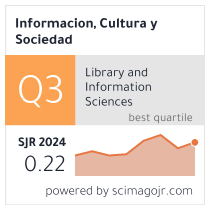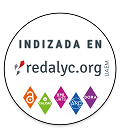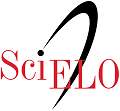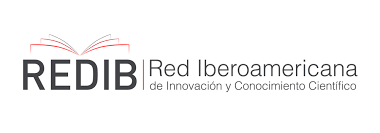University Students and the Information Society: A Blend which Facilitates Academic Plagiarism in Colombian Classrooms
Abstract
The communications revolution has led to important transformations in people (Adell, 1997). In this new age, the importance lies on human capital, in the way the human being captures and verifies information, in their ability for getting the information and transform it into knowledge (Cordeiro, 1998; Consejo Pontificio para las Comunicaciones Sociales, 2002). The impact of this revolution has permeated various spheres, including the education sphere and has brought both positive and negative incidences. Among the positive ones, it is important to highlight a greater coverage, new models of teaching-learning, and more flexibility, all these features contribute to the universalization of education. Unfortunately, the cyberspace in the educational process has generated deep changes in behavior of students and teachers, in their habits and values, and not all of these changes have been beneficial. Some behaviors that undermine ethics have become popular, being the plagiarism one of them.The aim of this paper is to analyze the university plagiarism problem. We present a review of the regulations and laws on copyright and we make an analysis on the impact of plagiarism. Finally, we propose a series of actions that universities can implement to counteract this problem.Downloads
Authors publishing in this journal acknowledge the conditions below:
- Authors retain the copyright of their work while they transfer the right of the first publishing to the journal, under the Creative Commons Attribution-ShareAlike 4.0 International (CC BY-SA 4.0) Licence, which allows third parties to reproduce them under the condition that express mention is given to the author and to its original publication in the journal.
- Authors may enter into other contractual and independent arrangements for the non-exclusive distribution of the version of the article published in this journal (for instance, it can be published in an institutional repository or in a book). In any case, an express mention should be given to its first publication in the journal.
- It is permitted and encouraged to publish online the articles (for example, on institutional or personal pages).


























